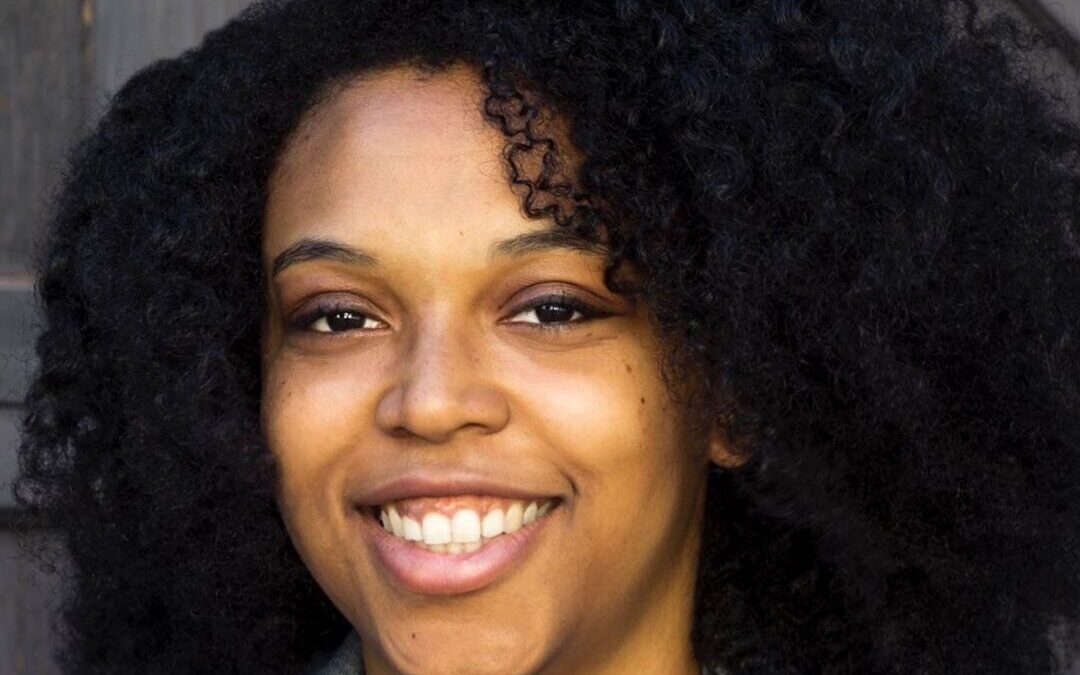
by Rebelle Summers | Nov 12, 2024 | Blog
In the small town of Blackclaw Valley, tourists flock to experience picturesque hiking trails and the historic family-owned shops to add some cozy charm and a little bit of magic to their lives. When that magic gets threatened and tourists start spotting wolves in the...
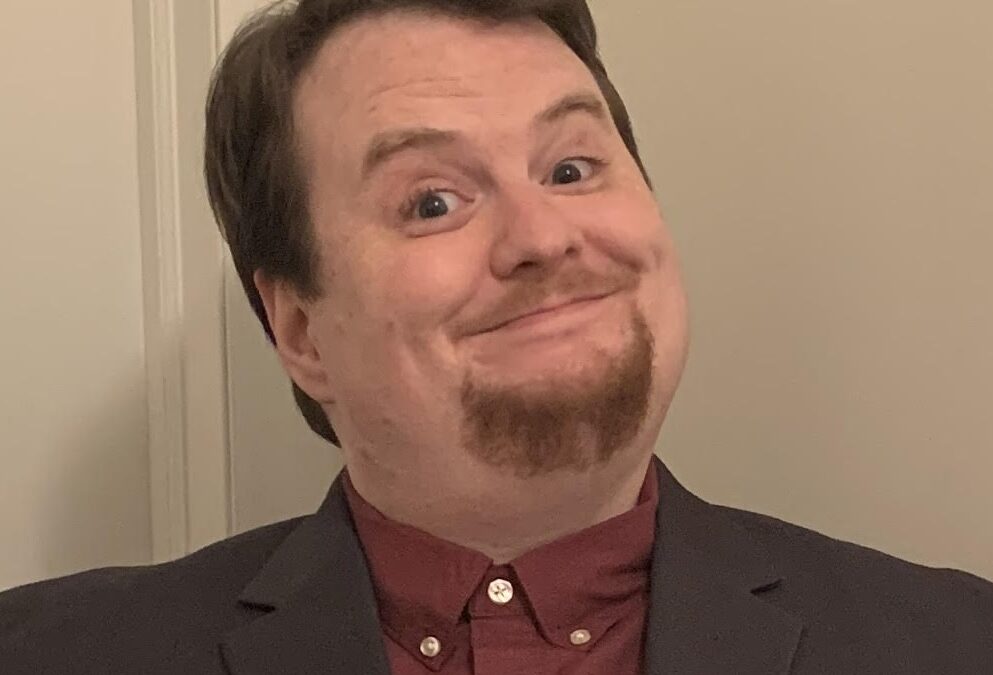
by Michele Kirichanskaya | Nov 8, 2024 | Blog
John Wiswell is a disabled writer who lives where New York keeps all its trees. He won the 2021 Nebula Award for Best Short Fiction for “Open House on Haunted Hill,” and the 2022 Locus Award for Best Novelette for “That Story Isn’t The...
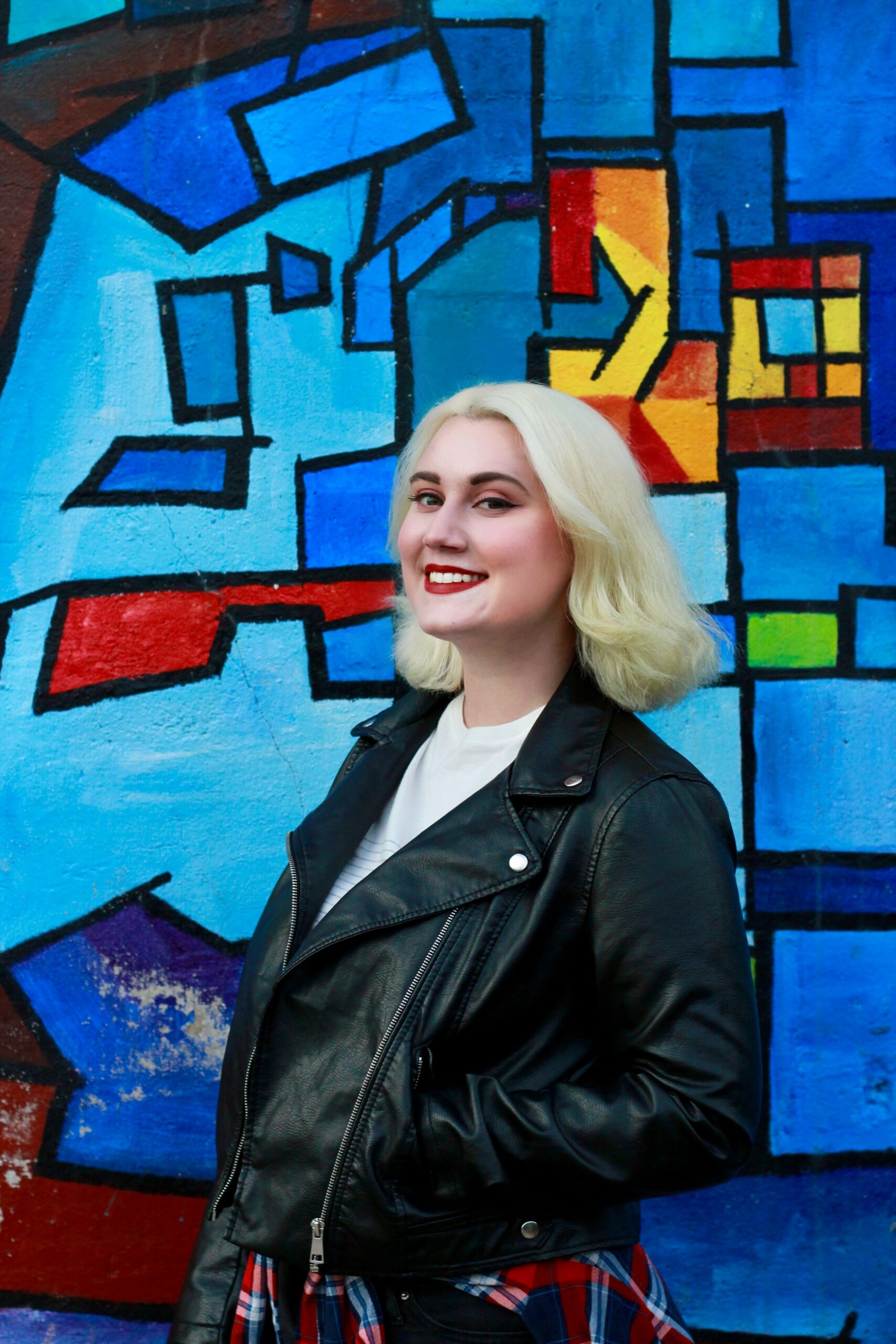
by Michele Kirichanskaya | Nov 1, 2024 | Blog
Kayla Cottingham is a YA author and librarian. Originally from Salt Lake City, Utah, Kayla lives just outside of Boston where she loves to go hiking in the woods, pet any and all dogs, and play RPGs. She is passionate about connecting young people with books featuring...
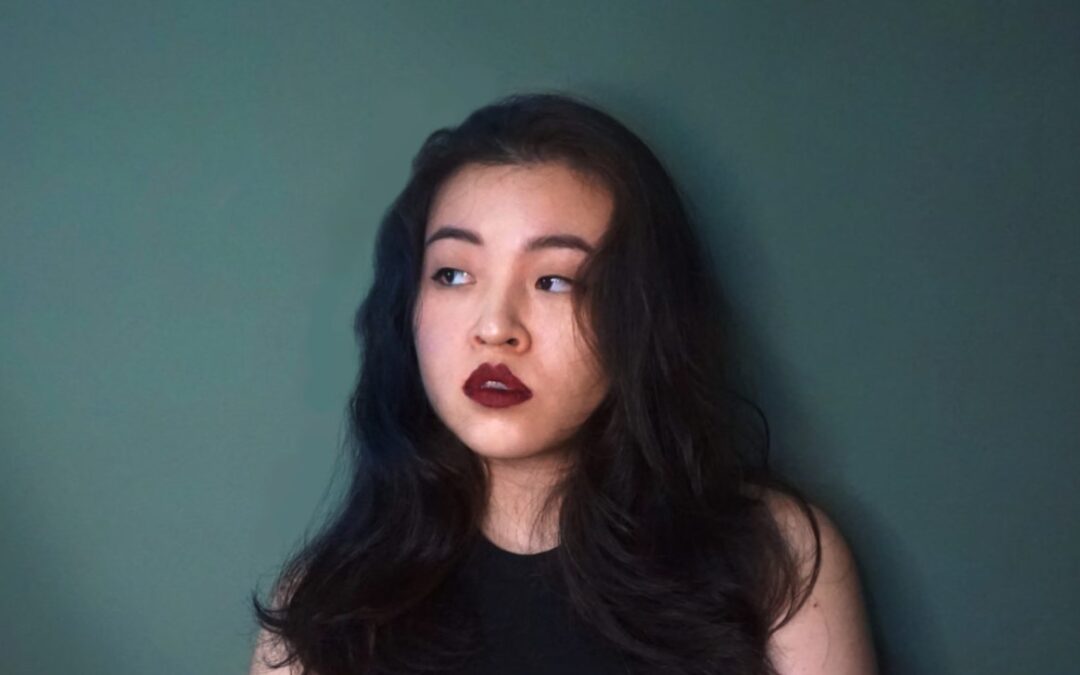
by Michele Kirichanskaya | Oct 30, 2024 | Blog
Wen-yi Lee is a Clarion West alum from Singapore who likes writing about girls with bite, feral nature, and ghosts. Her speculative fiction has appeared in venues such as Lightspeed, Strange Horizons, and Uncanny, as well as in various anthologies. The Dark We Know is...
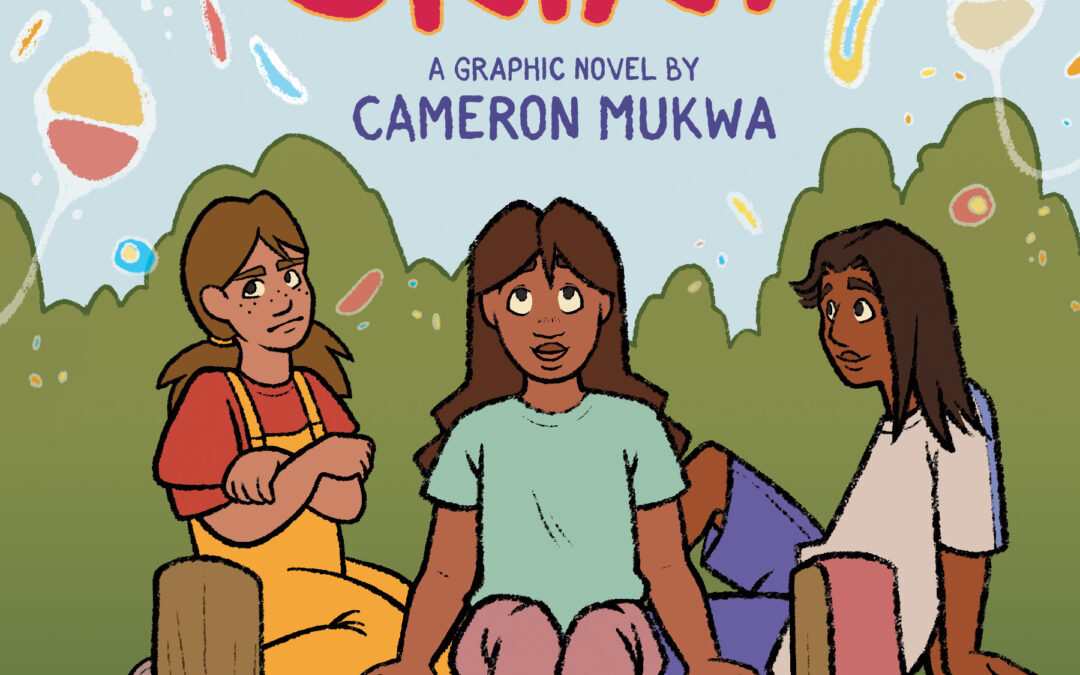
by Michele Kirichanskaya | Oct 12, 2024 | Blog
Cameron Mukwa is a two-spirit Anishinaabe cartoonist, illustrator, and children’s educator whose portfolio of work is dedicated to showcasing Indigenous and transgender joy. The Ribbon Skirt is his first graphic novel. I had the opportunity to interview Cameron,...






